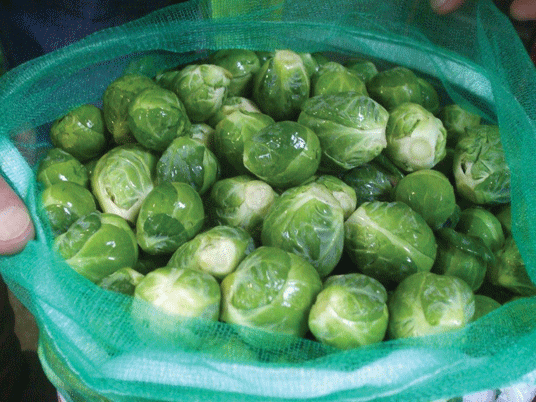James Heyes & Sons is a rather unusual recycling company in that it composts green waste and then uses this on the fields where its herd of cattle graze.
Managing Director James Heyes explains, “We have a suckler herd of 350 cattle, all of whom are with their calves at present. We compost the green waste and spread it on our pastures in rotation, which means that we use almost no artificial fertiliser.”
The company is based at the historic Mossborough Hall, built in 1852 on the site of two earlier Halls that can be traced back to1300. Like many old country estates, it has a very interesting history, eventually coming into the ownership of the Earl of Derby. The Heyes family became tenants of the property early in the 20th century, with Richard Heyes running the 620-acre farm from 1929, before handing over to his cousin James, the father of the present owner, in 1941. Mossborough Hall is now the base for James Heyes & Sons, who specialise in green waste recycling. The recycling of green waste is put to fantastic use, with the compost being used to grow a variety of high quality crops including Brussels sprouts and potatoes, which supply the four corners of the UK, Ireland and Europe. It is also home to the herd of 350 suckler cows and their calves, as well as providing wheat to the local market.
James expands, “We obtain most of the green waste from nearby St Helens and compost it for use on our farm. In addition to our own 650 acres we also have land with long-term tenancies, giving us around 1500 acres in all. We have a herd of cattle, which are cross bred to provide good meat. The last bull purchased was a Salers bull. We breed them and rear them outside on our grass and then sell them on. We diversified into composting in 2005, when we were looking at what we could do with our large concreted area and our empty slurry pits. Today we have a licence to compost up to 25,000 tonnes per year but, in general, we are currently running at about 15,000 tonnes.
“When we first started, we used to get a lot of timber but now, with the increasing use of wood burning stoves, we see very little. We currently employ three staff who ‘walk the line’ and remove any non-biodegradable materials. The waste material is shredded in one direction, then another in an attempt to break it down as much as possible. A 600-horse power engine powers the shredder so it can shred trees of the largest diameter and physical size. The shredded materials are collected in long mounds, known as windrows which sit side by side and are continually ‘rolled over’ ensuring that the heat is spread throughout as they decompose. The decomposed waste is then passed into a further machine for sorting. The leachate that runs off as the waste decomposes is collected. This is then sprayed over the early, less decomposed, windrows to ensure there is sufficient moisture for decomposition. The resulting compost can then be used for agriculture and for helping to grow the grass on which the cattle graze.”
For further information please telephone 01744 884 711 or visit www.mossborough-hall.co.uk


